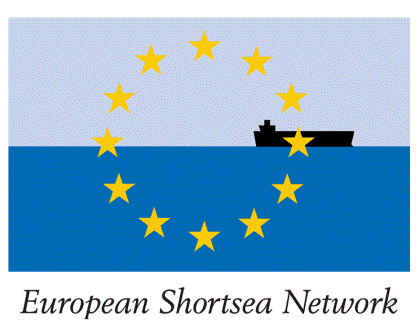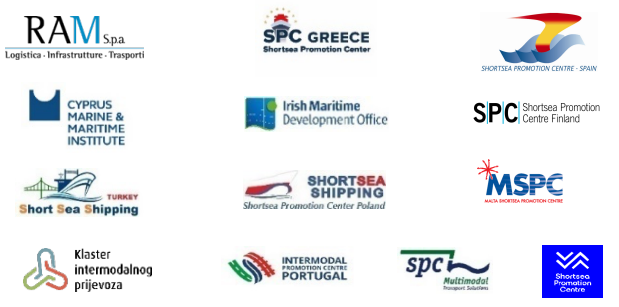
- The European Shortsea Network (ESN), which represents the main stakeholders involved in the intermodal maritime transport chain, in response to the concern shown by its members regarding the entry into force of the Emissions Trading Scheme (EU – ETS) in January 2024, requests a modification of this directive, as well as a moratorium on it, while it is being modified.
- The European directive on the ETS represents a loss of competitiveness of Short Sea Shipping by increasing its operating costs.
Madrid, November, 6, 2023
On 1 January 2024, the European Emissions Trading Scheme (EU ETS) will start to apply to maritime transport, which will entail additional costs for ships calling at EU ports.
Despite the significant efforts being made by Short Sea Shipping (SSS) companies to improve the energy efficiency of their fleet and reduce the emissions, there is currently no optimal solution for the decarbonization of maritime transport, future fuels are not defined, and the capacity to supply them to the maritime transport industry is not assured.
The entry into force of the directive will lead to an increase in the operating costs of SSS services that will reduce the competitiveness of SSS transport chains, not contributing this directive to the natural rapprochement between the different modes that collaborate in the SSS and foreseeably causing a setback in the increase achieved in recent years in the use of the SSS by road freight hauliers.
The European Union is therefore called upon to modify the emissions trading system so that it is not detrimental to the overall interests of the European Union and the fight against climate change.
Pending this modification, a moratorium on the entry into force of the Directive should be approved, in order to avoid a secondary effect contrary to the intended one.
(SPC Norway does not support this position but will actively work to avoid negative competitive effects vs road).
The European Shortsea Network (ESN) is the organisation that groups together all Shortsea Promotion Centers (SPCs) in the European environment with the goal of coordinating their activities and promoting SSS through the involvement of the main international stakeholders.
Currently, 13 Short Sea Shipping Promotion Centers (Cyprus, Finland, Germany, Greece, Ireland, Italy, Malta, Norway, Poland, Portugal, Romania, Spain, Turkey) operate under the ESN with the goal of coordinating their activities at EU level and promoting SSS through the engagement of stakeholders.

 English
English Ελληνικα
Ελληνικα